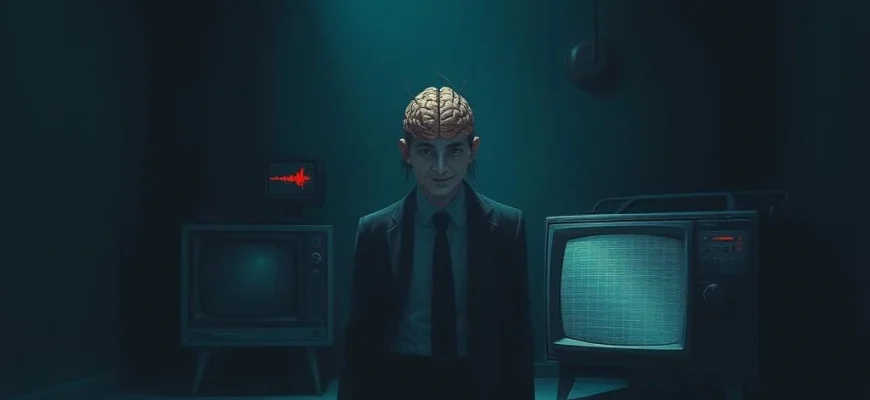If you loved the gripping psychological thriller 'The Manchurian Candidate' (1962), you're in for a treat. This article explores 10 movies and shows with similar themes of political intrigue, mind control, and suspense. Whether you're a fan of Cold War-era tension or modern-day conspiracies, these picks will keep you on the edge of your seat.
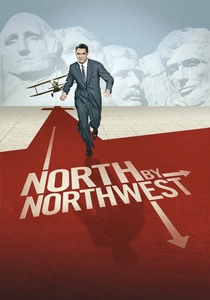
North by Northwest (1959)
Description: A classic Hitchcockian tale of mistaken identity and Cold War espionage, filled with suspense and twists. The film's themes of deception and high-stakes intrigue are similar to the reference.
Fact: The crop-duster scene is one of the most famous in cinema history, despite having no dialogue. The film's title is a reference to a line in Shakespeare's 'Hamlet.'
 Watch Now
Watch Now 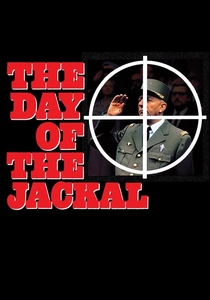
The Day of the Jackal (1973)
Description: A meticulous thriller about an assassin plotting to kill a political leader, showcasing detailed planning and cat-and-mouse suspense. The film's cold, calculated tone and political undertones echo the reference.
Fact: The movie was shot in real locations across Europe, adding to its authenticity. The assassin's identity remains unknown throughout the film, adding to the mystery.
 Watch Now
Watch Now 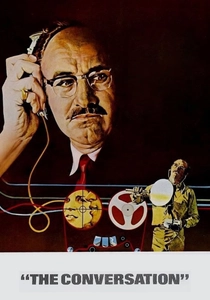
The Conversation (1974)
Description: A masterclass in surveillance paranoia, this film follows a wiretapping expert who becomes entangled in a morally ambiguous conspiracy. The themes of eavesdropping and psychological manipulation align with the reference.
Fact: The film won the Palme d'Or at the 1974 Cannes Film Festival. Its sound design is considered groundbreaking, with meticulous attention to audio detail.
 Watch Now
Watch Now 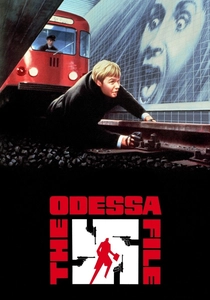
The Odessa File (1974)
Description: A post-WWII thriller about a journalist uncovering a Nazi conspiracy, blending historical drama with suspense. The film's exploration of hidden agendas and moral dilemmas aligns with the reference.
Fact: The film was based on Frederick Forsyth's novel, which was inspired by real-life Nazi hunters. The movie's climactic scene was shot in a single take.
 Watch Now
Watch Now 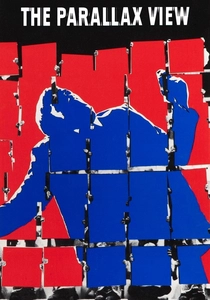
The Parallax View (1974)
Description: A gripping political thriller that delves into conspiracy theories and paranoia, featuring an investigative journalist uncovering a shadowy organization. The film's tense atmosphere and themes of manipulation align closely with the reference.
Fact: The movie's iconic 'Parallax Test' sequence is often studied for its psychological and visual impact. It was based on a novel by Loren Singer, which was inspired by real-life political assassinations.
 Watch Now
Watch Now 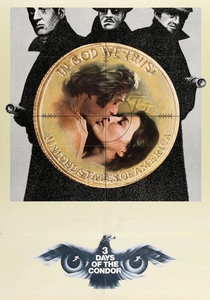
Three Days of the Condor (1975)
Description: This espionage thriller explores themes of betrayal and government conspiracy, with a protagonist who stumbles upon a deadly plot. The suspenseful narrative and distrust of institutions mirror the reference's tone.
Fact: The film's plot was inspired by the CIA's Operation Mockingbird, a real-life propaganda campaign. The movie's title refers to the codename of the protagonist, a CIA researcher.
 Watch Now
Watch Now 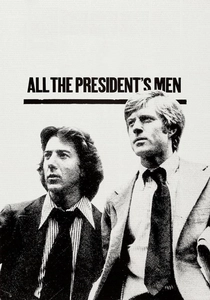
All the President's Men (1976)
Description: A journalistic thriller based on the Watergate scandal, highlighting the dangers of political corruption and the power of investigative reporting. The film's focus on uncovering hidden truths resonates with the reference.
Fact: The movie was released just two years after Nixon's resignation, making it a timely and controversial piece. The real-life Woodward and Bernstein made cameos in the newsroom scenes.
 Watch Now
Watch Now 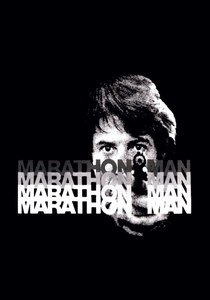
Marathon Man (1976)
Description: A psychological thriller that blends personal trauma with international intrigue, focusing on a graduate student caught in a web of espionage and torture. The film's relentless tension and themes of hidden agendas are reminiscent of the reference.
Fact: The infamous 'Is it safe?' scene became iconic for its chilling delivery. The film was adapted from William Goldman's novel, which he also wrote the screenplay for.
 Watch Now
Watch Now 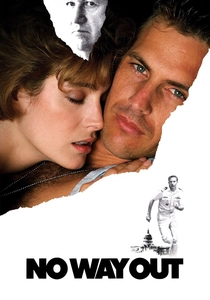
No Way Out (1987)
Description: A taut political thriller involving a naval officer caught in a deadly cover-up, filled with twists and betrayals. The film's high-stakes conspiracy and tense atmosphere are reminiscent of the reference.
Fact: The movie's plot twist is considered one of the most shocking in thriller history. It was loosely based on the novel 'The Big Clock,' which had been adapted into a film in
 Watch Now
Watch Now 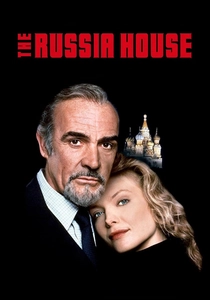
The Russia House (1990)
Description: A Cold War-era spy drama focusing on a publisher drawn into a web of espionage and moral ambiguity. The film's themes of trust and betrayal in a political context mirror the reference.
Fact: The movie was one of the first Western films shot in the Soviet Union during Glasnost. The screenplay was adapted from John le Carré's novel, known for its realistic spycraft.
 Watch Now
Watch Now 
